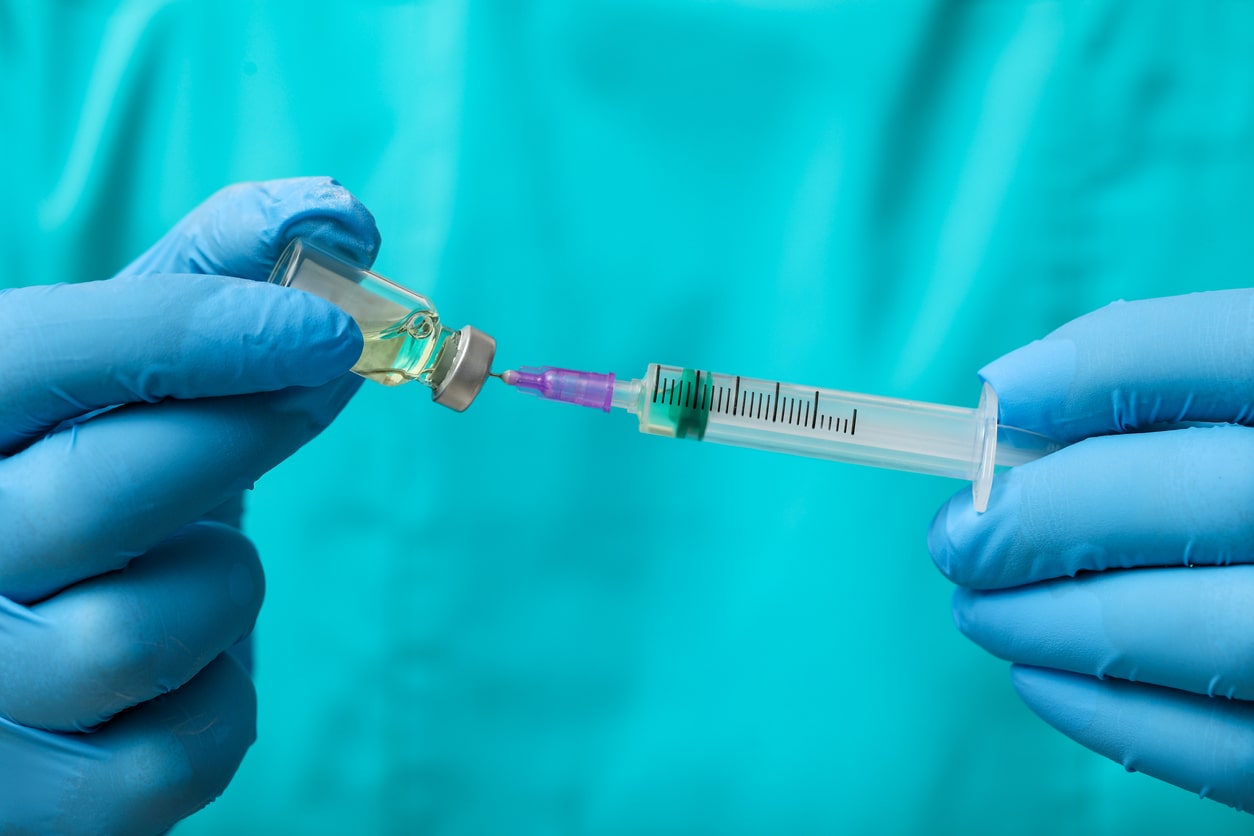
A study published on December 2 in The American Journal of Medicine found that those who have not been vaccinated against COVID-19 are 72 percent more likely to be involved in traffic accidents such as car accidents or motorcycle accidents.
The study was an analysis of 11,270,763 individuals. 84 percent of the individuals received a COVID-19 vaccine and 16 percent did not.
While 16 percent of the individuals did not receive a COVID-19 vaccine, those individuals were involved in 25 percent of the traffic accidents. The study found that being unvaccinated raised the risk of being involved in a traffic accident about as much as having sleep apnea. The researchers concluded that the increased risk “exceeds the safety gains from modern automobile engineering advances.”
The increase in risk of being involved in a traffic accident for unvaccinated individuals was 48 percent after adjusting for medical diagnoses, socioeconomic status, home location, sex and age.
What Explains These Results?
The researchers note that receiving a COVID-19 vaccine does not have a direct effect on behavior in traffic or the risk of being involved in a motor vehicle accident. So, what is the reason for these results, then?
The researchers theorize that people who neglect public health recommendations may be more likely to neglect road safety guidelines as well.
The researchers suggest numerous possibilities as to why people are hesitant to take vaccines or drive in a risky manner, such as:
- Distrust of government
- A belief in freedom
- Faith in natural protection
- Misconceptions of common risks
- Chronic poverty
- Antipathy toward regulation
- Insufficient resources
- Exposure to misinformation
- Negative past experiences
- Political identity
- Social networks which create misgivings regarding public health guidelines
- Limited health literacy
Are The Results Supported By Other Studies?
Yes. A 2021 study found that young people who did not receive a flu shot in the past year are more likely to self-report that they have engaged in risky driving than young people who did receive a flu shot in the past year.
Studies from 1949, 2007, 2011 and 2016 also found a link between psychology and the risk of being involved in traffic accidents.
Studies have found that:
- Taxi drivers with personality disorders are seven times more likely to get in a crash than those without personality disorders
- Young drivers with aggressive personality patterns are almost twice as likely to get in crashes as young drivers without aggressive personality patterns
- The largest predictor of being involved in a crash regarding motorcycle riders is personal temperament
Do The Researchers Have Any Recommendations?
Yes. The researchers recommend that primary care physicians should remind their patients about aspects of road safety such as obeying the speed limit, wearing a speed limit and not driving drunk. The researchers also suggest that the results may justify future alterations to drivers’ insurance policies.
Another recommendation from the researchers is that first responders such as emergency staff and paramedics should be aware that the unvaccinated are overrepresented in traffic accidents.
Does The Study Address Any Misunderstandings?
The researchers claim that the results of the study address four misunderstandings:
- They claim that while some claim that a concentration of vaccine hesitancy is found in men, in rural regions and in those in poverty, there is actually a diverse profile of those who aren’t vaccinated
- They claim that there’s an association between COVID-19 vaccination and a significant reduction in COVID pneumonia, despite claims that COVID-19 trials funded by the pharmaceutical industry are misleading
- They claim that, despite claims that social distancing would result in less traffic fatalities, traffic accidents have actually continued without disruption during the pandemic
- They claim that, despite claims that traffic accidents aren’t related to health disparities, the impoverished are actually disproportionately involved in traffic accidents
Does The Study Have Any Limitations?
Yes. The researchers noted numerous limitations with the study:
- The data doesn’t assess at-fault liability
- The data doesn’t explore possible causes of risky driving or vaccine hesitancy
- Not enough direct data regarding different groups’ driving exposure
- Failing to correct for barriers in risk compensation or access to care
- The data doesn’t include minor crashes that don’t necessitate emergency care
- The data doesn’t include deaths which occur at the scene before the crash victim reaches the hospital
- The data doesn’t examine the insurance costs, quality of life or long-term recovery for those who survive their injuries
- The data doesn’t explore vehicle factors such as distance driven, weather, location, configuration, spacing or speed
- The study fails to test if COVID vaccination is a reliable proxy for COVID vaccine hesitancy
- The data doesn’t assess measurement error or examine long-term trends

